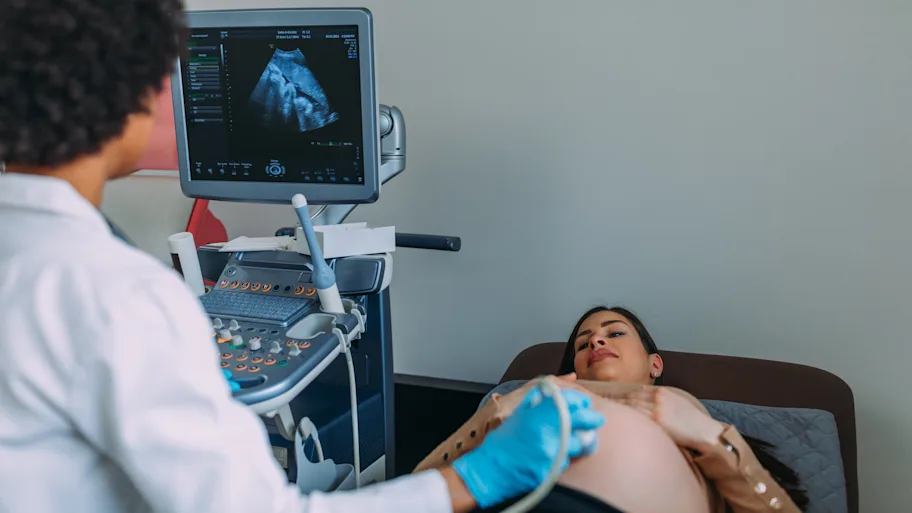
- Science news
- Health
- Drug tolerance a problem for hospitalized babies
Drug tolerance a problem for hospitalized babies
By Alice R Jensen, Frontiersin.org
Research is underway to stop newborn babies from becoming tolerant and dependent on the pain relief drugs given to them while in intensive care. Opioids, such as Morphine, Fentanyl and Tramadol, are often used for pain relief in newborn babies. However, tolerance and dependence to these drugs builds quickly. Professor Kanwaljeet J. S. (“Sunny”) Anand, Specialty Chief Editor for Frontiers in Pediatrics, aims to tackle this by finding new ways to prevent tolerance development and treat withdrawal syndrome in infants.
“High tolerance and addiction is seen in newly born babies born from mothers with a heroine or methadone addiction, but it is also seen in children who require the drugs because they are critically ill,” explained Anand. “They may be on a breathing machine or undergoing frequent procedures that are painful and stressful, so they are given the opiates to take away the pain.”
Infantile pain relief is a largely unexplored field, owing to the fact that medical practitioners denied the existence of pain in newborn babies until late in the last century. This meant that even in the early 1980s, neonatal surgery was conducted with little to no pain relief. However, a wealth of data on babies’ physiological response to pain following surgery carried out with minimal or potent anaesthesia, the identification of the “pain system” and its early development, along with observational data of new born behaviours and crying, has led to a greater understanding and the acceptance of neonatal pain.
As such, opioids are now commonly administered to newborn babies experiencing moderate to severe pain and are commonly used following surgery. “The problem is,” explained Anand, “the child’s brain is so adaptable at this young age that it quickly adapts to the drugs and becomes tolerant to them.”
In his recent study of 400 children in seven different paediatric intensive care units, Anand found that after just one week of drug administration, 17% of the children had developed opioid tolerance. When they were exposed for longer periods of time this figure increased to 35%.
“We want to find new ways to prevent tolerance from developing in the first place,” he said. “This way, we won’t have to continually increase the dosage to achieve the same clinical effect.”
Through investigation of the mechanisms that lead to tolerance, Anand and his team at Stanford University of Medicine are evolving methods to block these mechanisms and stop tolerance building.
There is still a lot to be learnt when it comes to understanding the type and level of pain relief required in newborn babies. It is not easy to immediately assess the level of pain a child may be enduring and methods and standards vary between neonatal units. In addition, the long term effects of under, or over, administration of pain relief drugs are yet to be fully understood.
Opioids provide effective pain relief and sedation, but the lasting effects of tolerance and addiction to them is of concern. Professor Anand’s research into understanding the mechanisms behind opioid tolerance may lead to safer and more controlled pain relief administration. The team also continues to investigate the treatment of infant withdrawal syndrome.






